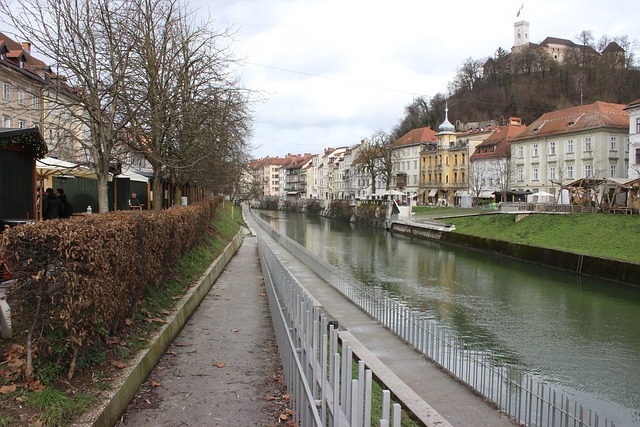In Karachi's Amil Colony, electricity load shedding due to rapid urbanization outpaces the city's electrical grid capacity, disrupting daily life, businesses, and essential services. Aging infrastructure, insufficient power generation, and rising energy demands exacerbate the issue, affecting education, healthcare, and economic growth. Sustainable solutions like renewable energy, smart grids, and microgrids are vital for reliable power supply in areas like Amil Colony, promising a dependable future for Karachi's power needs.
In Karachi, the vibrant yet challenging cityscape of Amil Colony faces a recurring issue—electricity load shedding. This phenomenon significantly impacts daily life and economic activities. Our article delves into the intricacies of this problem, exploring its causes, effects on the local community, and potential solutions to achieve a more reliable power supply. By understanding these factors, we can pave the way for a brighter future, ensuring Karachi’s neighborhoods are empowered with consistent access to electricity.
- Understanding Electricity Load Shedding in Karachi's Amil Colony
- Causes and Impacts on the Local Community
- Potential Solutions and Future Prospects for Reliable Power Supply
Understanding Electricity Load Shedding in Karachi's Amil Colony

In Karachi’s vibrant and bustling Amil Colony, electricity load shedding has become an all too familiar reality for residents. This phenomenon refers to the practice of cutting off power supply to certain areas or households during peak demand periods, often due to a shortage in the region’s electrical grid capacity. The issue is particularly acute in Karachi, where rapid urbanization and increasing energy demands have outpaced infrastructure development. As a result, load shedding not only disrupts daily routines but also poses challenges for businesses and essential services, highlighting the city’s pressing need for sustainable energy solutions.
The impact of load shedding in Amil Colony is felt across the community. From disrupted school schedules to inconveniences at hospitals and businesses, it affects various aspects of life. Residents often rely on backup generators or alternative energy sources to mitigate the effects, but these temporary fixes are not feasible for everyone. Understanding the root causes and implementing long-term strategies, such as infrastructure upgrades and renewable energy integration, is crucial to alleviating load shedding in Karachi and ensuring a more reliable power supply for its residents.
Causes and Impacts on the Local Community

In Karachi, electricity load shedding has become a persistent issue, profoundly affecting the local community. The primary causes are multifaceted, including aging infrastructure, inadequate power generation capacity, and growing energy demands. During peak hours or times of high demand, the strain on the power grid becomes too great, leading to intermittent power cuts. This phenomenon not only disrupts daily routines but also hampers economic activities, particularly for small businesses and industries that rely heavily on consistent electricity supply.
The impacts extend beyond mere inconvenience. Load shedding can impede access to essential services like lighting, cooling systems, and medical equipment, negatively affecting the quality of life, especially for vulnerable populations such as the elderly and children. It also poses challenges to education, as schools often depend on electricity for teaching tools and resources. Furthermore, businesses may suffer from production losses, reduced customer satisfaction, and even potential closure due to prolonged power outages, creating a cycle of economic strain within the community.
Potential Solutions and Future Prospects for Reliable Power Supply

In the face of persistent electricity load shedding in Amil Colony, Karachi, exploring sustainable and efficient solutions is paramount. One promising avenue involves transitioning to renewable energy sources like solar power, which can significantly reduce reliance on traditional grid systems prone to overloading. Implementing smart grid technologies can also optimize energy distribution, minimizing waste and enhancing overall reliability.
Moreover, community-based microgrids could be a game-changer for areas facing chronic load shedding. These decentralized networks enable local generation and consumption of electricity, ensuring uninterrupted power supply even during peak demand. With ongoing advancements in technology and increased investment in infrastructure, the future looks bright for securing a more dependable power supply for Amil Colony and other similar neighborhoods in Karachi.
Electricity load shedding in Karachi’s Amil Colony has become a persistent challenge, affecting the local community’s daily lives and economic prospects. Understanding its causes, from infrastructure strain to peak demand, is crucial for implementing effective solutions. By exploring options like distributed energy resources, smart grids, and increased renewable energy integration, the community can move towards a more reliable power supply future. Addressing this issue is not just about restoring electricity; it’s about empowering the residents of Amil Colony with a sustainable and prosperous energy infrastructure.
